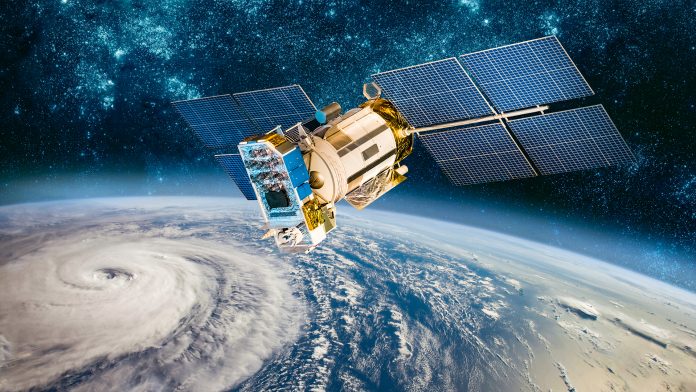A major industrial contract has been signed that will see Airbus Defence and Space in Stevenage build Europe’s flagship space weather mission, Vigil.
Space weather—which recently created displays of the Northern Lights over UK skies—can potentially disrupt technology on Earth and threaten equipment in space and at high altitudes, which is why it features prominently on the National Risk Register.
Due to launch in 2031, the Vigil mission will improve the ability to accurately forecast space weather, with a spacecraft set to be placed into a solar orbit where it can observe the Sun, Earth and the space in between.
Using Vigil to accurately predict space weather
This vantage point will enable early warning about incoming solar storms, which will allow appropriate alerting and protective measures to be taken in time to minimise their impact.
Vigil will sustain more than 150 highly skilled jobs in the UK and reinforce Airbus UK’s position as a space prime, covering complete missions from spacecraft design and build to comprehensive verification and final delivery.
UK Space Minister Andrew Griffith said: “This mission will improve our space weather forecasts, protect satellites and the critical services they provide on Earth, and help build a safer, more sustainable future for space activities.”
Vigil will also carry a plasma analyser from the UCL Mullard Space Science Laboratory and a magnetometer from Imperial College London.
The Met Office will use Vigil’s data to offer more accurate forecasts, which will also feed into the UK’s new National Space Operations Centre.
The Zero Debris Charter
While in Brussels, the Minister also signed the Zero Debris Charter.
This recognises ESA’s contribution to a global initiative that encourages space organisations to work together to minimise the generation of debris in orbit.
As set out in the National Space Strategy, ESA is a close partner of the UK in space science, exploration, climate monitoring, and technical collaboration.
It provides a powerful platform for sharing knowledge, technical expertise, and resources to achieve shared goals and contribute to global space endeavours.









